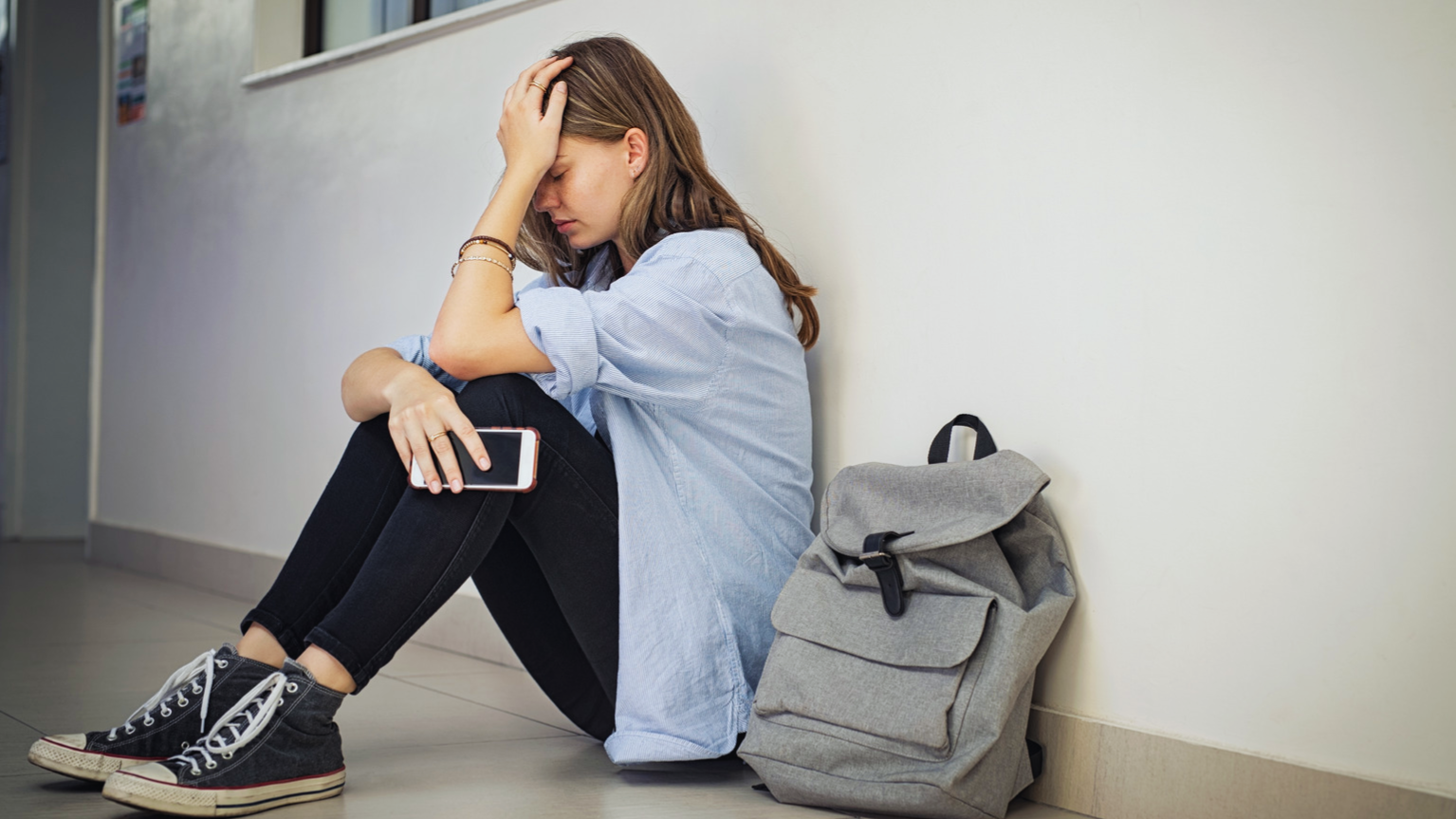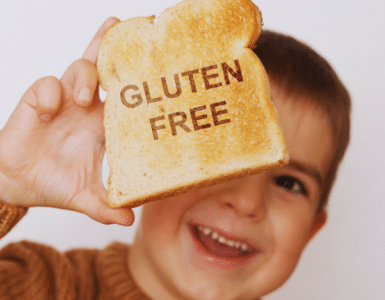Social Anxiety Disorder can be very scary and overwhelming for those with it. It is estimated that 1 out of 3 adolescents between 13 and 18 years old has Social Anxiety Disorder.
Teens can be quite moody and volatile on a normal day. They can also feel self-conscious and seem shy compared to how they were when they were younger, so it might be difficult for parents to tell if their teen’s behavior falls under typical teen behavior or could be a sign of something more serious.
Here are some signs that your teenager may have SAD.
· Avoiding public places
· Avoiding social situations
· Being hypersensitive to criticism
· Difficulty talking to people or having a conversation
· Fear of being embarrassed
· Fear of being judged
· Feeling anxious around other people, especially people they don’t know
· Feeling embarrassed while interacting with others
· Feeling uncomfortable or self-conscious around other people
· Having trouble making friends and maintaining relationships
· Paranoia about a social interaction
· Self-judgment and criticism after social interactions
· Trouble sleeping due to worry over a social interaction that has recently occurred or over an interaction that is about to occur
· Worrying for days or weeks before a public event or social interaction
Teens with Social Anxiety Disorder might also exhibit physical signs of stress, illness, or discomfort in social situations or when about to go into a social situation. This could include variety of symptoms, such as: blushing, confusion, diarrhea, dizziness, feeling faint, muscle tension, nausea, rapid heartbeat, shaking, stomachaches, sweating, or trembling.
Teens with Generalized Anxiety Disorder, or GAD, can have similar symptoms as teens with SAD, but what makes Social Anxiety Disorder different than GAD is that SAD symptoms are triggered by everyday social situations.
Anxiety and Panic Attacks
Someone with GAD can still make friends easily, go out in public, and meet new people without having an anxiety attack. Their anxiety can be triggered by a variety of factors that have nothing to do with social interactions. Social interactions can make someone with anxiety feel worse during a panic attack, but it’s not the main reason why they have anxiety.
Teens typically prefer to be around their friends more than their family and might even sneak out of their houses to go to a party. But teens with SAD tend to have little to no friends and prefer to stay home over socializing with their peers. Their anxiety can be debilitating during a time in their life when they should be social and exploring relationships.
There are many different factors that can cause a teenager to develop SAD. If anxiety disorders are common in your family, it is possible that your teen will also have them.
SAD can also develop if a child has strict or overbearing parents. Strict parents might think they’re protecting their child when in fact, they’re making their child fearful of other people and new situations.
Shy children who are apprehensive about trying new things are at greater risk of developing SAD in their teen years. That’s why it’s important to encourage children to be confident and independent from infancy.
Trauma, bullying, health issues, speech issues, and physical issues can also be factors in causing a teenager to have SAD.
ALSO: What is Sadfishing?
If you think your teenager has Social Anxiety Disorder, take them to see a mental health professional as soon as possible. Don’t expect them to grow out of it on their own. There are things they can do to help manage their anxiety right now.
Therapy, meditation, journaling, spending time in nature, eating healthy food, sleeping well, and exercising regularly are healthy ways for your teen to help manage their anxiety. If possible, try to avoid giving them medication since anti-anxiety medication has lots of harmful side effects and can be very addicting. It can also be easily abused and make their anxiety worse over time.
With proper care and treatment, your teenager can manage their social anxiety and be able to have healthy and fun social interactions. If they start learning how to manage their anxiety during their teen years, it will help them greatly when they become an adult.










Add comment